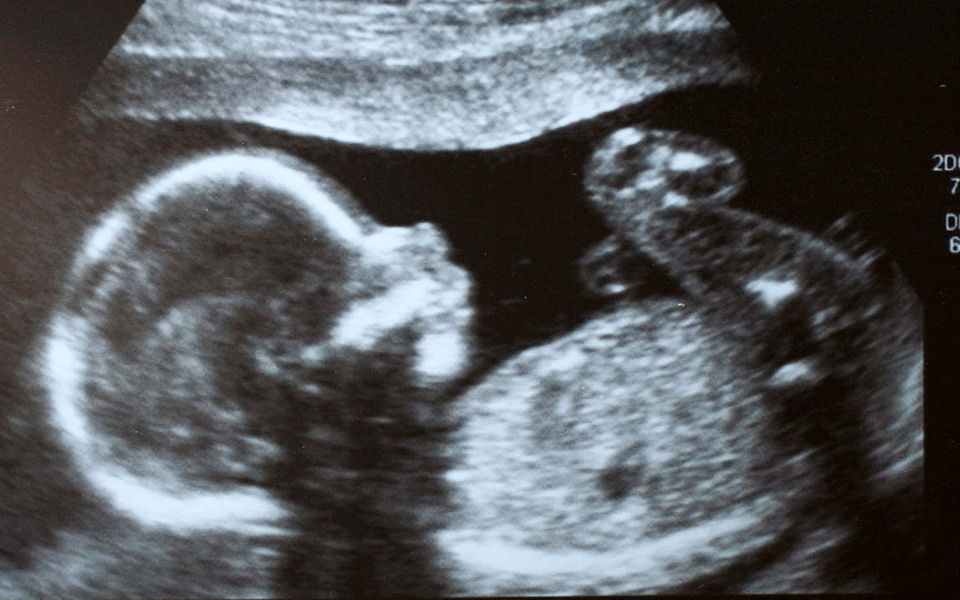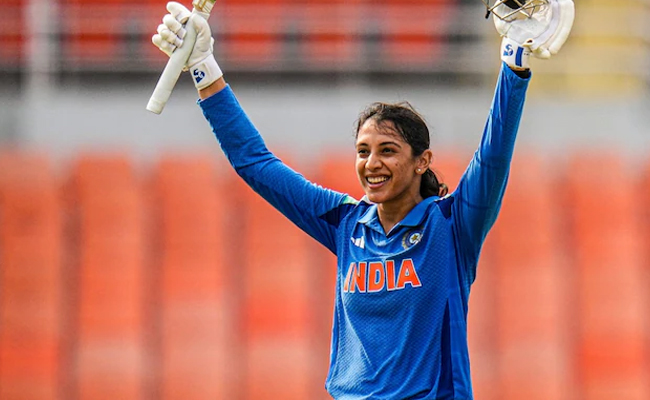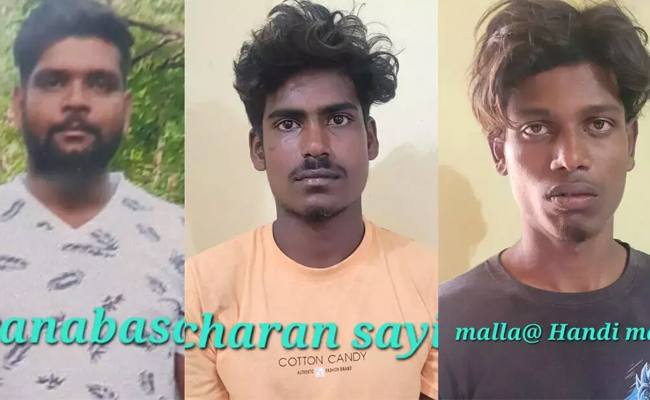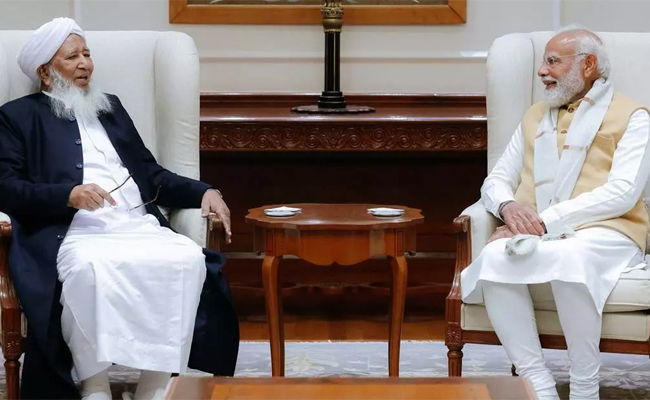Ranchi (PTI): In a rare case, as many as eight fetuses were found in the abdomen of a 21-day-old baby during an operation in a private hospital here, doctors said.
The size of the fetuses range from three centimetres to five centimetres and they were settled inside a cyst in the abdomen, Dr Md Imran, who performed the surgery, told PTI.
In medical terms, it is called fetus-in-fetu (FIF), a rare entity in which one malformed vertebrate fetus is enclosed within the body of its twin, according to a journal of National Library of Medicine.
"As per the papers and journals available so far, one fetus was reported in most of the FIF cases. Case of eight fetuses has not been reported from anywhere yet," Dr Imran claimed. He added that FIF is very rare and it occurs in one in five lakh live births.
The baby was born on October 10 in a government hospital in Jharkhand's Ramgarh district. The doctors found a lump in the abdomen and suggested to the parents to operate it immediately, as it might cause problems in the stomach.
"The baby was admitted to the hospital when she turned 21 days. In initial diagnosis, a cyst or tumour-like substance was found. It was located below the diaphragm. We decided to remove it through operation and it was performed on November 1. Then, we discovered eight fetuses one after another inside the part," he said.
The operation was successful and the baby's condition is normal right now. The baby has been kept under observation and she will be discharged in a week, he said.
The head of Rani hospital, Ranchi, Rajesh Singh told PTI, "Since it is a rare case, we are preparing it to be published in international journals."
Let the Truth be known. If you read VB and like VB, please be a VB Supporter and Help us deliver the Truth to one and all.
New Delhi (PTI): Star batter Smriti Mandhana, who played a pivotal role in India's historic 2025 Women's World Cup triumph, was named the BBC Indian Sportswoman of the Year for 2025 at a glittering function here on Monday.
Chess prodigy Divya Deshmukh won the Emerging Player of the Year award, for her historic FIDE Women's World Cup triumph at just 20.
Preethi Pal was named the Para-Sportswoman of the Year, for winning two bronze medals at the 2024 Paris Paralympics in track and field, while Anjali Bhagwat was honoured with the Lifetime Achievement Award, recognising her pioneering career as India's first woman shooter to reach an Olympic final and her trailblazing success on the world stage.
Mandhana, who is currently touring Australia with the Indian team for multi-format bilateral assignments, said in a video message: "Thank you BBC for giving me the awardfor Best Sportswoman of the Year. 2025 was a special year for women's cricket, especiallytowards the end we had a World Cup and I'm happy I could contribute and help India win matches.".
At 29, the left-handed batter is already among the game's greats, with the second-highest number of centuries in women's One Day Internationals and ranking third in total runsscored among current players worldwide.
Hailing from Sangli city in Maharashtra, the affable Mandhana was inspired by her father and brother, both of whom played cricket at the district level.
In September last year, she made a 50-ball hundred against Australia – the fastest 50 over international ton (men and women) by an Indian in the format, breaking Virat Kohli's record.
The award winners were decided by a distinguished grand jury comprising Leander Paes, Deepa Malik, and Anju Bobby George.
Praising the athletes' achievements CEO of BBC News, Jonathan Munro said: "Congratulations to this year's winners who showcase the very best in sporting excellence. The BBC World Service is committed to bringing such stories of human endeavour and outstanding success to audiences across India and around the world.".
Additionally, the ceremony also celebrated a wide spectrum of talent and impact, recognizing star performers and changemakers for redefining the landscape of Indian sport.
BBC Star Performers of the Year 202.
• Indian Women's Cricket Team: for their historic World Cup victory.
• Ekta Bhyan, Deepthi Jeevanji and Preethi Pal: for their trailblazing performances at the World Para Athletics Championship.
• Indian Women's Cricket Team for the Blind: for their inspiring World Cup victory.
• Indian Women's Kabaddi Team: for their smashing victory in World Cup.
.
BBC Changemakers of the Year 202.
• Indian Women's Ice Hockey Team: for breaking barriers in a non-traditional sport.
• Rajbir Kaur: Indian field hockey player and former captain of the women’s national team.
• Savita Punia: Indian field hockey player and current member of the national team.
• Paani Devi: recognised for her impactful contribution to grassroots sport.





